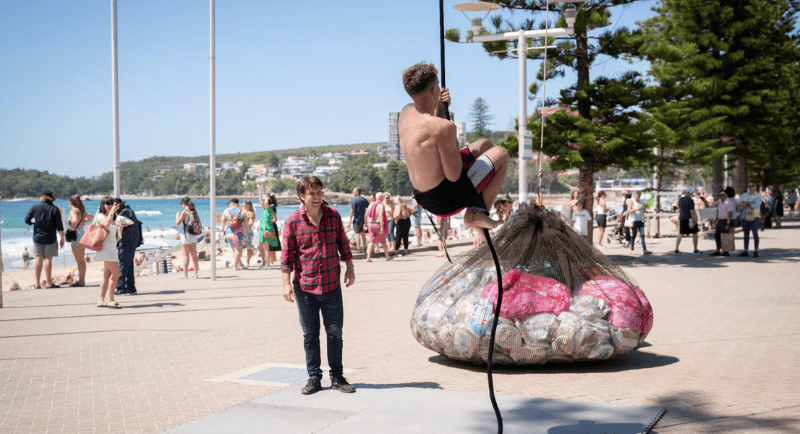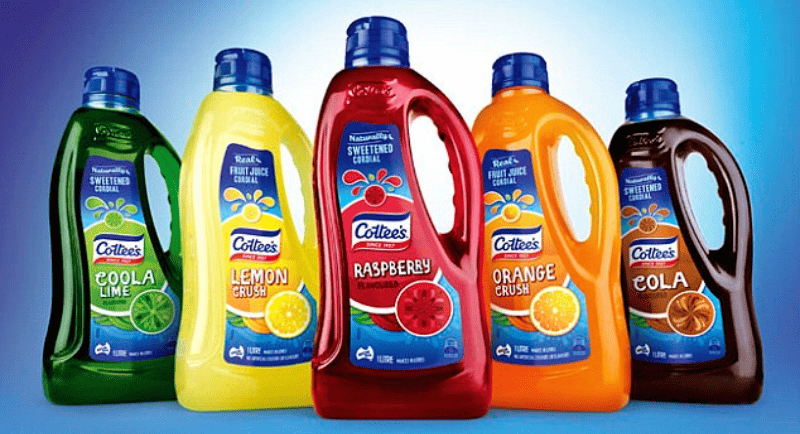What weighs more, 2.6 million tonnes of plastic waste or 16,000 jumbo jets?
You wouldn’t be blamed if you went for the 747 option, but shockingly, the 2.6 million tonnes of plastic clear the jumbo jets and in one year, Australia generates that very amount of waste.
Enter, War on Waste. It’s been six years since the first series of the ABC program, and interestingly, has caused a revolution in the country’s thinking on waste.
Supermarkets have zero food waste targets, and major companies are advertising their use of recycled content. Everything from schools to the government has sought to make a change.
While this is all great, a little year called 2020 flipped a lot of Australia’s waste initiative on its head.
The new season of War on Waste with passionate planet advocate and prankster Craig Reucassel aims to reveal the truth behind the spin and provide straightforward solutions all Australians can implement to stem the waste tide.
Mediaweek caught up with Craig Reucassel about the new season, the changes in attitudes towards waste that have stood out to him and why companies need to take responsibility regarding waste before it even hits supermarket shelves.
Thankfully, more questions are being asked
Reucassel has noticed a shift in attitudes towards waste in the six years since the first season with not just asking questions towards councils and businesses, but also people changing their own habits as well.
“There’s been a lot more engagement with the question of waste. People have been asking more questions of their councils and businesses and saying, ‘hang on a second, where’s this going? What’s happening to it?’,” he said.
The notion of moving forward but backward at the same time is something all too common in the war on waste and Reucassel says emerging from COVID, the nation has become better at our waste efforts but has gone backwards in the small things such as non-reusable coffee cups.

He also raises a point that during COVID, there was a significant influx of soft plastic recycling that overwhelmed the system.
“That was interesting to see that people did that. It shows that when people have the time, they’re probably more inclined to do more about it.
“I think that’s one of the lessons we have to teach, we’ve got to make doing the right thing a lot easier for people. It can’t be hard to do the right thing when it comes to waste recycling.”
It needs to start at the top
So, how do we make it easier and not harder to do the right thing in our waste recycling efforts?
Reucassel stresses that it’s not just down to everyday Australians to do it ourselves, just setting our recycling in the recycling bin, by then it’s too late.
“By that point, you’ve got to design out waste in the beginning and that means that companies have to take responsibility. The idea of producers taking responsibility for the waste they’re putting into the system is a crucial part of it, and that probably requires the government to make some changes and actually put rules in place for more sustainable packaging designs.”
The handled Aussie icon that is the Cottees cordial bottle is something that Reucassel investigates during the show and is a perfect example of the argument towards corporate responsibility.

What is seemingly unknown by most people is that Cottee bottles use a totally different plastic that makes them very unlikely to be recycled.
“There’s no punishment for this design, they can do what they like and it just gets in the way for somebody at the other end of the system that has to deal with it.
“If these companies were responsible for making sure that their waste was recyclable, they would have designed it better in the first place.”
The ‘Pester Power’ of kids can be useful
This season showcases the initiative that children take upon themselves to ensure recycling is done right and it left Reucassel surprised, especially the positive response from kids who had watched the show in schools.
“I was surprised because it’s not that we made it and aimed it at a young audience, we just made it the way we’d like to do it.
“I have even heard stories of companies changing their waste attitudes because the kids of the CEO hassled him about it so in that specific case, the pester power of children is useful.
“I do think though that they have a lot of power in leading the way into the future for the war on waste.”
War on Waste is a Lune Media Australia production for ABC with principal production investment from Screen Australia and ABC.
Series 3 of War on Waste premieres Tuesday, July 25 at 8:30 pm on ABC TV and ABC iview.
